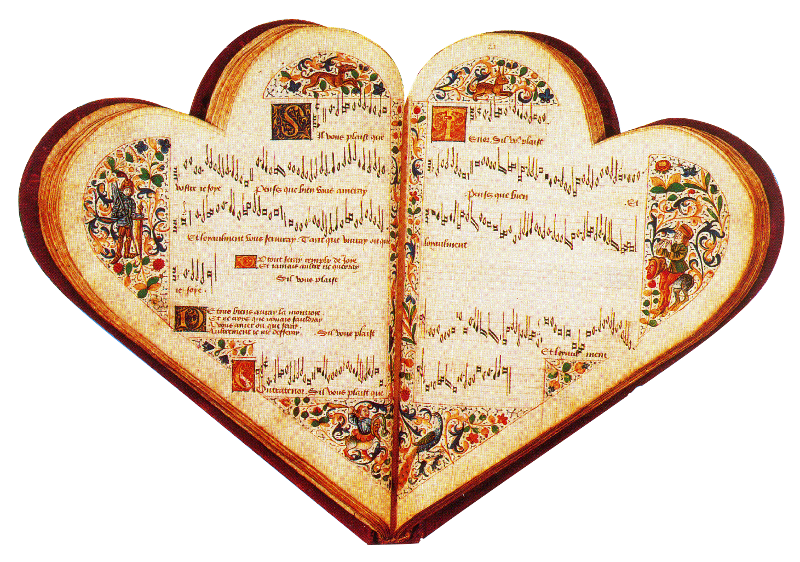Classique
Contenu
Prima Pars: Tenebrae factae sunt (Finsternis wurde...)
Secunda Pars: Et circa horam nonam exclamavit Jesu voce magnam: Deus meus, Deus meus, utquid me derelequisti? (...und um die neunte Stunde rief Jesus mit lauter Stimme: Mein Gott, warum hast du mich verlassen?)
Tertia Pars: Et inclinato capite emisit spiritum (Er neigte sein Haupt und gab seinen Geist auf)
Quarta Pars: Exclamans Jesu voce magnam ait: Pater in manus tuas commendo spiritum meam (Jesus rief laut: Vater, in deine Hände befehle ich meinen Geist!)
Quinta Pars: Et inclinato capite emisit spiritum (Er neigte sein Haupt und gab seinen Geist auf.)
Description :
In this composition Schneider uses the famous words from the liturgy for Good Friday: “Darkness fell, and on the ninth hour Jesus called out with a loud voice: My God, why hast Thou forsaken me?” Here he draws on the earlier form of the “trope”, using what was a common device in composition in medieval times, inserted into already completed works as a sort of commentary. In this sense - making use of the post-modern principle of
suggesting links across the ages - TENEBRAE makes reference to the motet “Tenebrae factae sunt” (Schott, C 51305) by Davide Perez (1711-1782), from which some melodic fragments have been taken and freely developed. An explosively contrived stylisation is set against the self-contained world of sound in the original piece.



 Gagnez un bon d'achat dès 50€
Gagnez un bon d'achat dès 50€
 30 jours pour changer d'avis
30 jours pour changer d'avis
